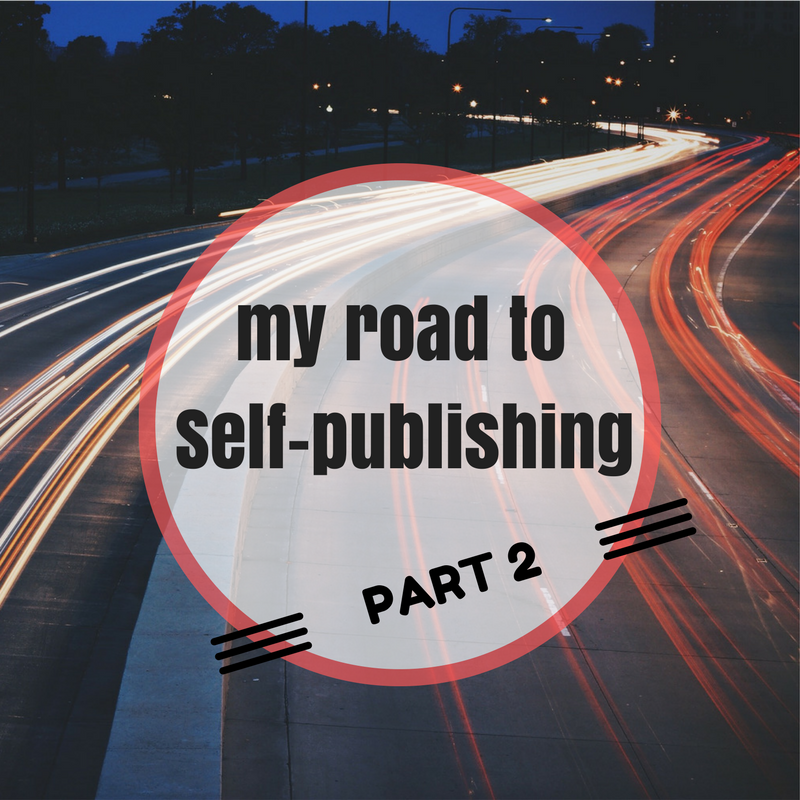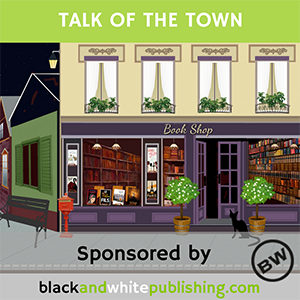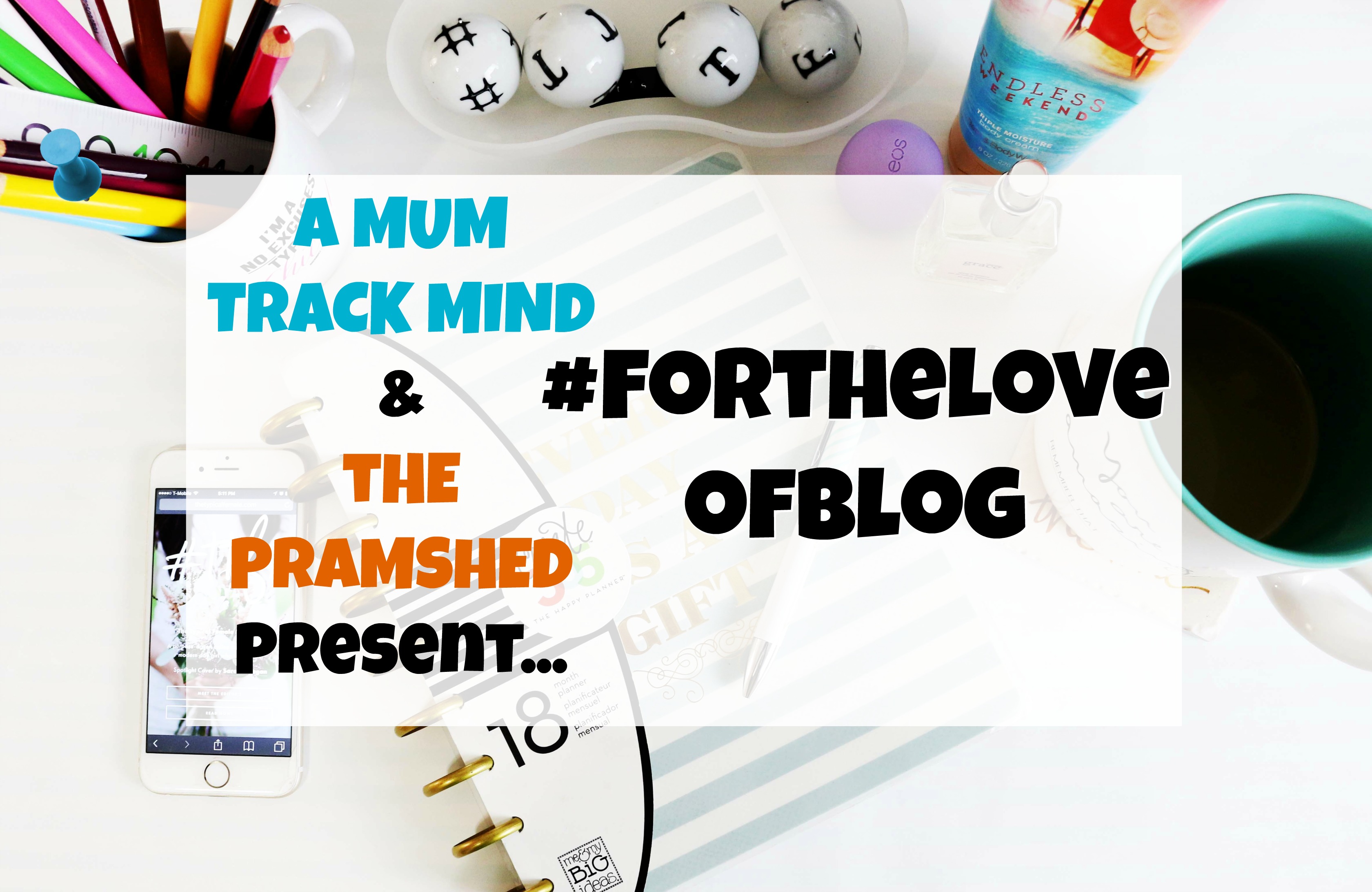Life in the fast lane
Welcome back to my road to self-publishing part 2. Part 1 saw the fledgling manuscript of ShockWaves. my YA action-adventure, appraised by Cornerstones Literary Consultancy. After several edits, they thought it was ready to fly.

Photo by jepoirrier 
I opted to let Cornerstones submit for me. Yes, there would be a payment if the manuscript sold, and there was also a clause in the contract that gave them first option to look at the next book I wrote, but I felt this was worth it to have their recommendation behind me.
The great thing about having Cornerstones sending out my book was speed. No longer did I have to wait for agents to dig my book out of their slush pile, I was in the fast lane. It didn’t take long before the responses started to roll in.
Give me the same only different

Photo by Bevie Oh 
Cornerstones sent manuscript to three agents at a time. Of the first batch, one agent requested the full manuscript and decided it wasn’t for her, one went to the Frankfurt Book Fair (not quite sure why she couldn’t read it afterwards) and the third was interested if I could do revisions.
Now, I wasn’t against revisions. Hell, I’d done plenty already but, oddly, her suggestions centred around an exploration of my lead characters grief at the death of her parents. In fact, she would have liked the whole book about the subject. Maybe she knew a publisher actively looking for that story. But it wasn’t my story.
More submissions, more requests, more suggestions for changes, more rejections. Sometimes their ideas were good and I incorporated them. Other times I wondered whether they’d read my book at all. Agents rewriting my story became a response I expected. Cornerstones began to worry I was becoming argumentative! And then finally there was an agent who missed her bus stop whilst reading. Had ShockWaves found representation?
A long year of edits

Photo by dee_dee_creamer 
Of course, the agent wanted changes; told me the market wanted more pscyho-thriller and less action-adventure. I met her at her office. She was lovely; a straight talker who was wonderfully enthusiastic about my writing style and who seemed to appreciate my ‘defense’ of my book. (See, not argumentative!) However, her issues with the plot were far reaching.
- My title was too short and had too many associations with hair gel.
- The story was set in Shrewsbury.
- My ex-IRA terrorist bad guy was not current enough for modern day teens.
I can’t tell you how many alternative titles I brainstormed with my hubby. It became known as ‘ShockWaves-or-whatever.’ None seemed to fit.
I eventually argued my way out of the Shrewsbury problem (OK, Cornerstones you could have been right.)
Agent: I don’t like that your book is set in Shrewsbury. No-one knows the place, no-one cares.
Me: But I’ve put a lot of effort into getting the logistics of the plot to work with real places and loads of books have been set in unknown places. Who’d heard of Forks before Twilight?
Agent: I’d like you to change it. Make a place name up.
Me: And why will people care about that?
Agent: They won’t.
Me: Umm, maybe I could just call it ‘The City’ and change all the timing of the chases because it wouldn’t matter anymore. That’d be cool.
Agent: Now it sounds dystopian. I don’t want dystopian. Oh, leave it as Shrewsbury.
Me: … Head … Desk …
That’s not my book … it’s characters are too freaky.
Lastly, spurred on by the promise of a contract, I altered my protagonist to be a creepy serial killer with ‘mummy’ issues. I named him ‘The Spectator’ because he liked to watch people die and, over the course of a year, rewrote the book again … several times.
And somewhere in that year I realized something. My readers didn’t always understand my characters motives. This was totally the fault of my writing. I’d thought about the back story for so long, I’d assumed everyone knew what I did, and they didn’t.
I tried adding a section at the beginning of each chapter from my antagonists POV. It worked to explain his twisted hang-ups and had the added bonus of being inside his mind making it way more creepy.
I also realized I’d taken out the bit that made the agent miss her bus stop. My writing was forever taking two-steps-forward-and-three-steps-back.
A year on and ‘whatever-it-was-called’ still wasn’t good enough. My ‘nearly’ agent couldn’t bring herself to represent me. I don’t blame her. We parted on great terms and she has read my subsequent writing. She worked with me even though she never earned a penny from me or my book and I learned so much from working with her. The experience boosted confidence in my writing, which was priceless. And for that I thank her from the bottom of my heart.
But I still had no agent. Worse than that, I had a book full of freaky characters that I didn’t truly like!
In a fit of virtual foot-stamping I reverted back to my original title, deleted The Spectator, and reworked my revengeful, terrorist bad-guy. I’d had so many rewrites at this point I began to think that, if a publisher wanted my protagonist to be a three-headed pink fluffy rabbit, I could do it. Except now … I wouldn’t do it.
So what next?
Self-publishing.
During my year of rewriting for my ‘nearly’ agent I learned a thing called self-published had arrived. And it sounded so sweet. ‘How hard could it be?’ became my motto.
How hard was it? I’ll share my experience in Part 3.







